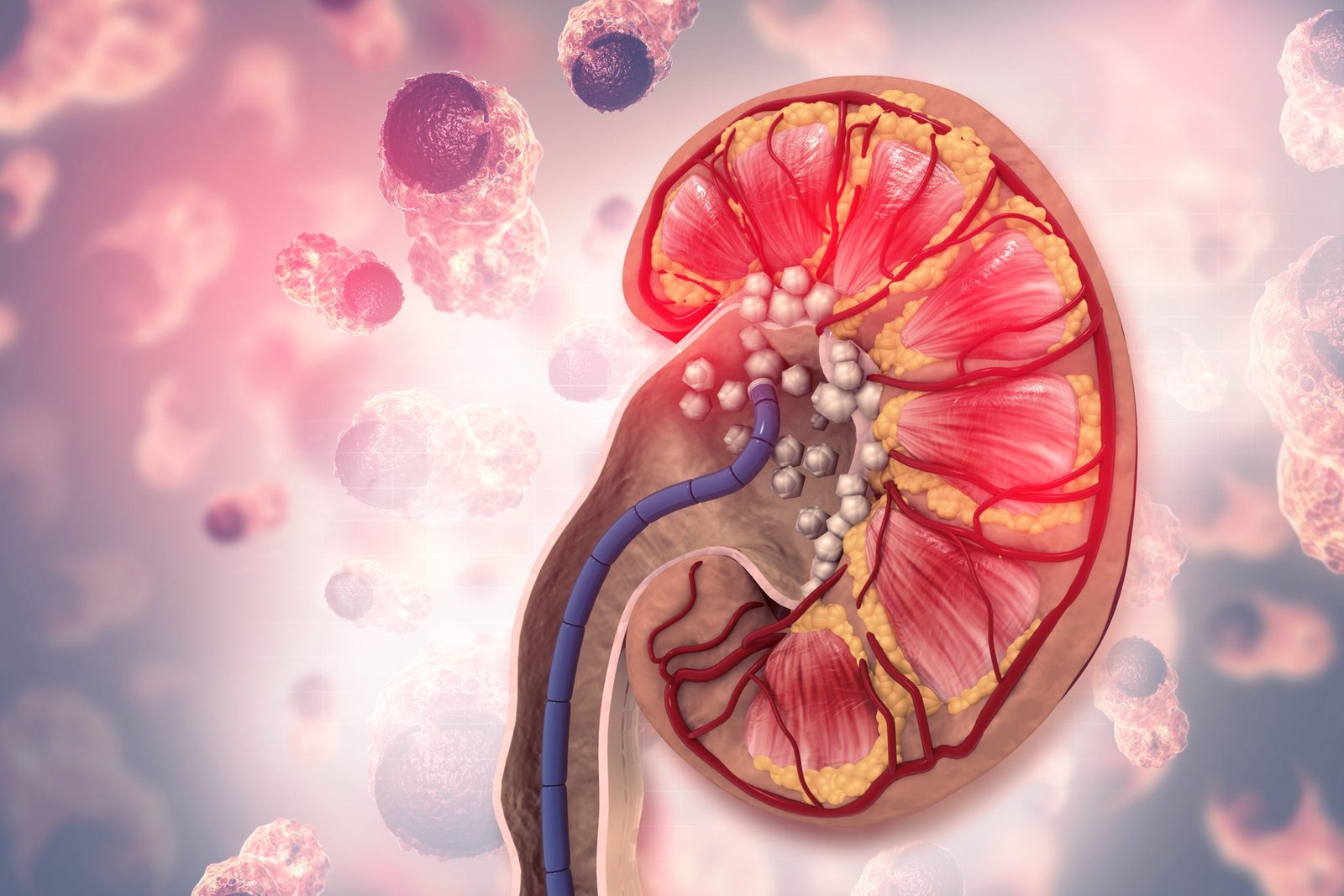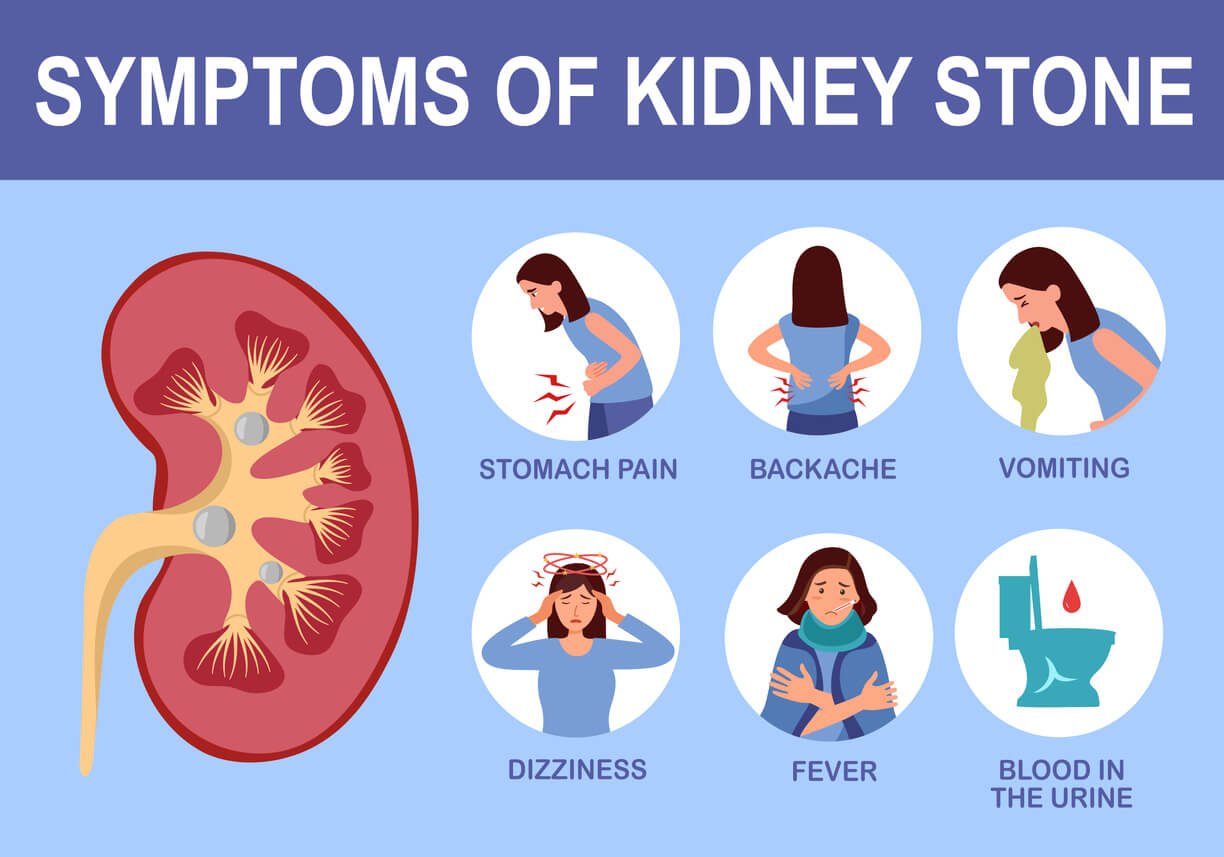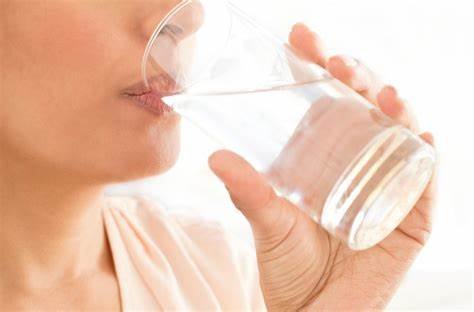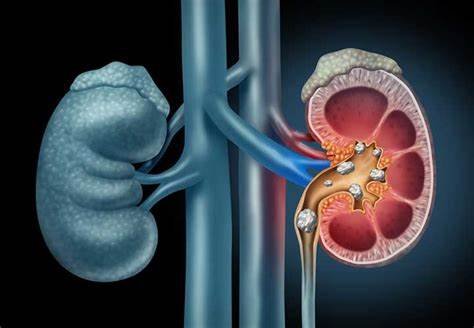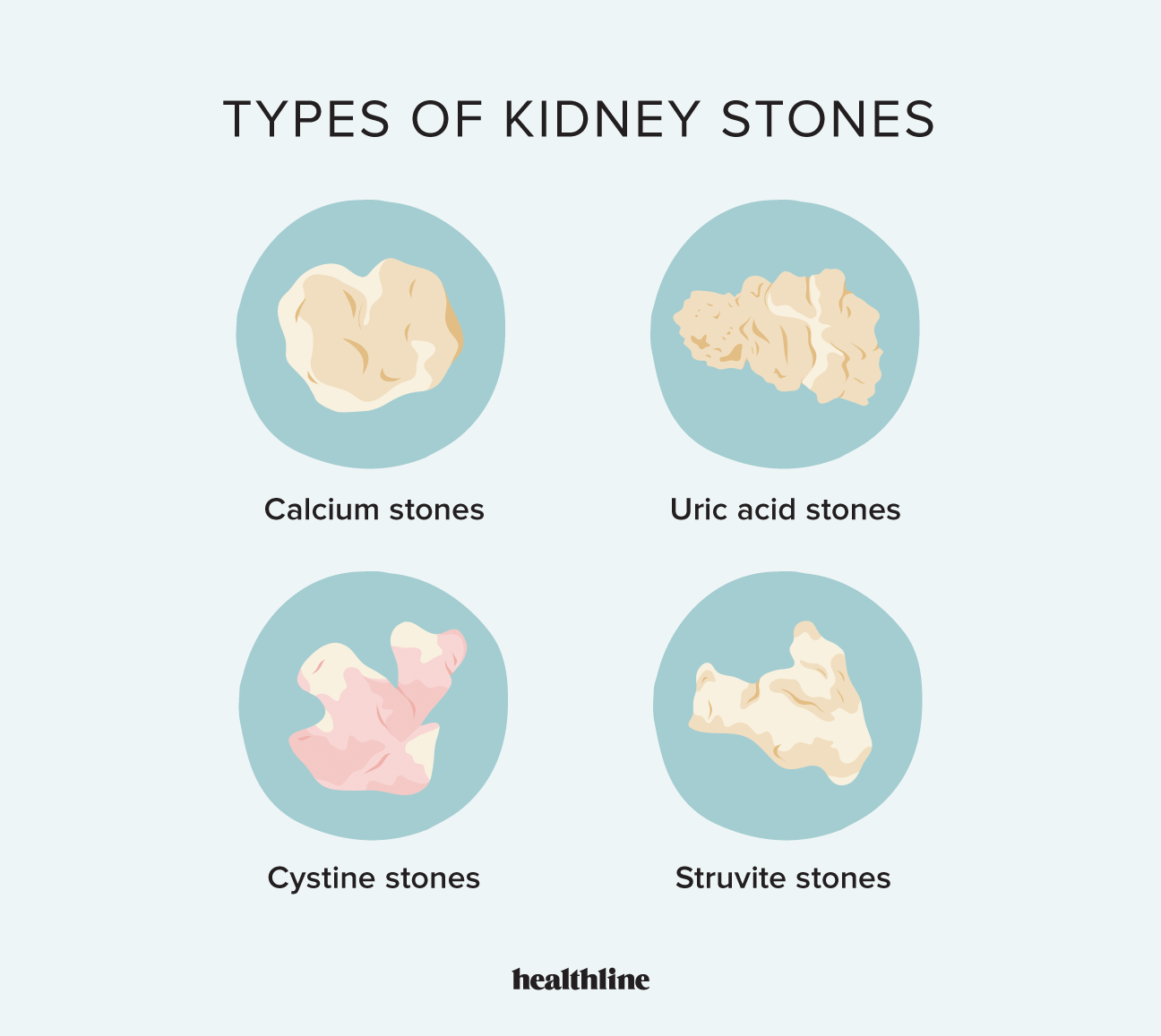Kidney stones are hard deposits made of minerals and salts that form in the kidneys. While they often pass without causing long-term issues, they can have a significant impact on kidney function if left untreated or if they recur frequently. Understanding how kidney stones affect the kidneys can help you manage your health and prevent potential complications.
1. How Kidney Stones Form and Affect the Kidneys
Kidney stones form when there is an imbalance in the substances in urine, leading to crystallization and stone formation. While small stones often pass without causing harm, larger stones can obstruct the flow of urine and lead to kidney damage.
Blockage of Urinary Flow
- Obstruction: When a kidney stone blocks a urinary tract, it can prevent urine from flowing freely, causing pressure to build up within the kidney. This condition is known as hydronephrosis.
- Risk of Infection: A blocked urinary tract increases the risk of urinary tract infections (UTIs), which can lead to more severe complications if untreated.
Increased Pressure on the Kidney
- Hydronephrosis: Prolonged obstruction due to a stone can lead to swelling in the kidney, a condition called hydronephrosis. This increased pressure can damage the kidney’s delicate structures over time, leading to a reduction in kidney function.
2. How Kidney Stones Can Lead to Chronic Kidney Disease
Chronic kidney disease (CKD) can develop if kidney stones are recurrent or left untreated. The kidneys are responsible for filtering waste from the body, but stone-related blockages and infections can impair this process.
Kidney Damage from Recurrent Stones
- Recurrent Obstruction: Frequent episodes of obstruction from kidney stones can gradually damage kidney tissue and impair kidney function. Over time, this can contribute to CKD.
- Chronic Infections: Repeated UTIs caused by stones can lead to scarring in the kidneys, further reducing their ability to filter waste efficiently.
Reduced Kidney Function
- If kidney function is impaired due to kidney stone-related damage, waste products and excess fluid may not be properly filtered, leading to an accumulation of toxins in the body. This can result in a range of health issues, including electrolyte imbalances, fluid retention, and hypertension.
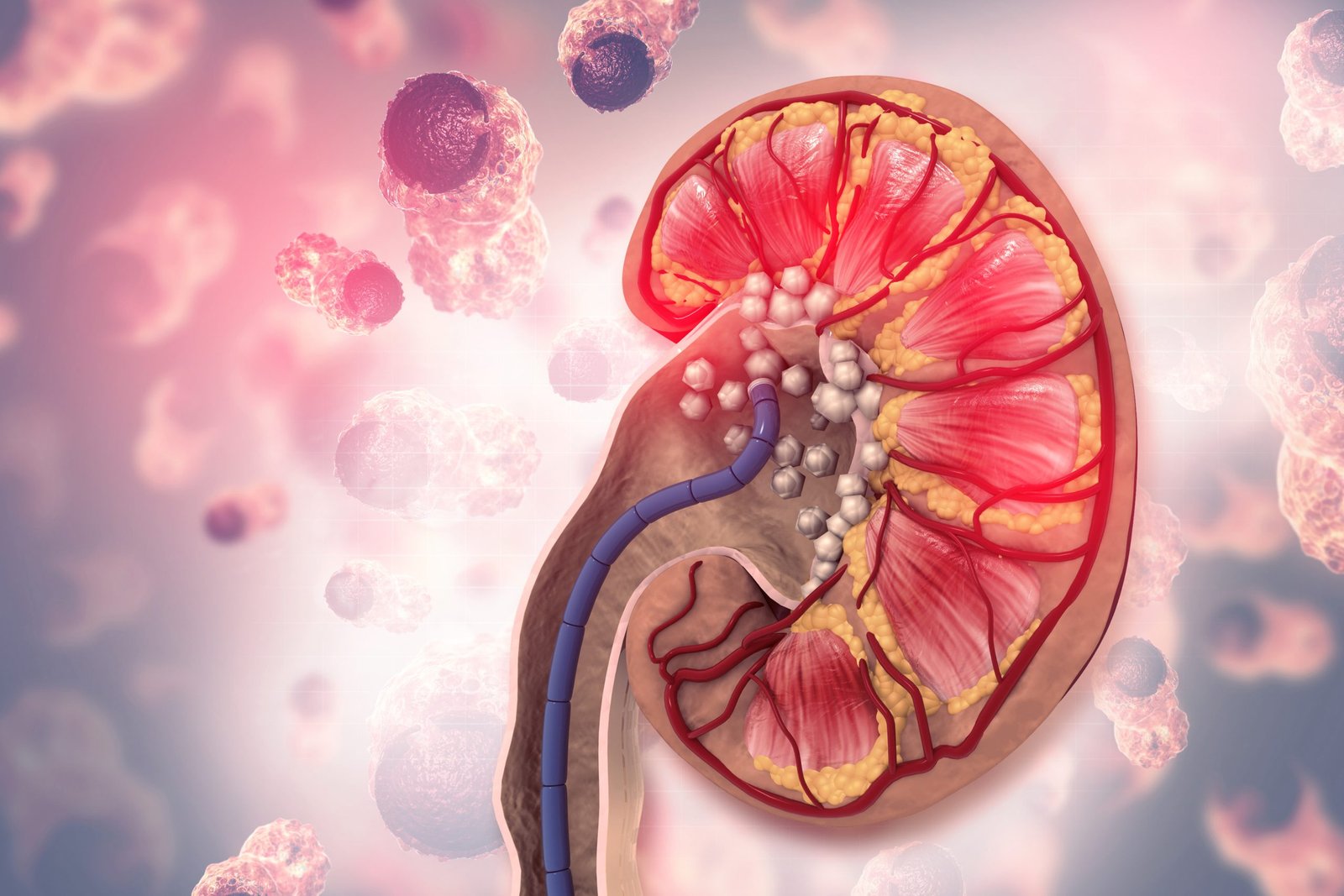
3. The Role of Infections in Kidney Damage
Kidney stones can increase the likelihood of urinary tract infections (UTIs), which in turn can lead to more severe kidney damage if not promptly treated.
Kidney Infections (Pyelonephritis)
- Infection Risk: If a kidney stone causes a blockage, bacteria can grow behind the obstruction, leading to a kidney infection (pyelonephritis). If the infection spreads, it can cause permanent kidney damage.
- Long-Term Effects: Recurrent kidney infections may result in scarring of the kidney tissue, further reducing the organ’s ability to function properly.
4. Symptoms of Kidney Stones That May Indicate Kidney Damage
If you experience the following symptoms, it may indicate that a kidney stone has caused significant kidney damage or is impairing kidney function:
Pain and Discomfort
- Severe flank pain or pain in the lower abdomen, which is a sign that the kidney stone may be obstructing urine flow.
- Painful urination or blood in the urine can indicate an infection or stone irritation.
Urinary Issues
- Difficulty urinating or the inability to urinate can be a sign of a blockage in the urinary tract.
- Dark or foul-smelling urine can indicate an infection or kidney stone-related complications.
Fatigue and Swelling
- If kidney function is compromised, you may feel fatigued, or notice swelling in your legs, ankles, or feet due to fluid retention.
5. Preventing Kidney Stones from Damaging Your Kidneys
While kidney stones can potentially damage kidney function, there are steps you can take to reduce the risk of developing them and avoid complications.
Stay Hydrated
- Drinking plenty of water helps dilute the substances in urine that cause stones to form. Aim for 2-3 liters of water a day, or more if directed by your healthcare provider.
Dietary Modifications
- Reduce the intake of foods that may increase your risk of developing kidney stones, such as those high in oxalates, salt, and animal protein.
- Increasing your intake of fruits and vegetables, and balancing your calcium consumption with magnesium, can help reduce the risk of stone formation.
Medications
- In some cases, medications may be prescribed to prevent stone formation or help dissolve existing stones. These may include diuretics, potassium citrate, or drugs that reduce the level of calcium in the urine.
Monitor Kidney Health
- Regular check-ups with your healthcare provider can help identify kidney stones early and prevent further damage. Your doctor may recommend imaging tests like ultrasounds or CT scans to detect stones or kidney damage.
6. When to Seek Medical Attention
If you experience any of the following symptoms, it’s important to seek immediate medical attention to prevent kidney damage:
- Severe pain in the back or side, especially if accompanied by fever.
- Difficulty urinating or inability to pass urine.
- Blood in the urine or changes in urine color.
- Persistent fatigue or swelling in the legs or ankles.
7. Conclusion
Kidney stones, if left untreated, can have a significant impact on kidney function, leading to complications such as kidney infections, scarring, and chronic kidney disease. It’s essential to stay hydrated, follow a kidney-friendly diet, and seek medical attention when necessary to minimize the risk of kidney damage. By managing kidney stones effectively and making lifestyle changes, you can protect your kidney health and reduce the likelihood of long-term issues.






